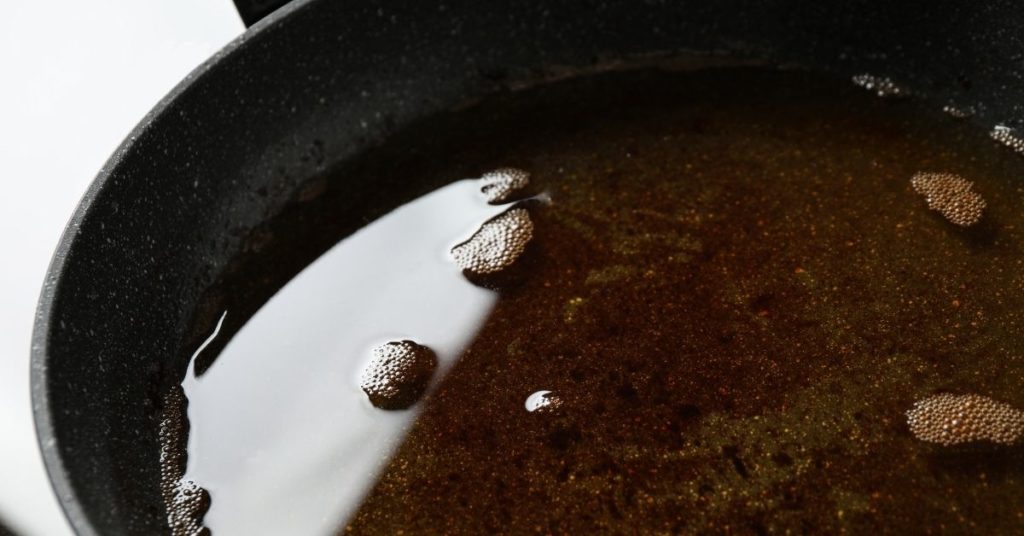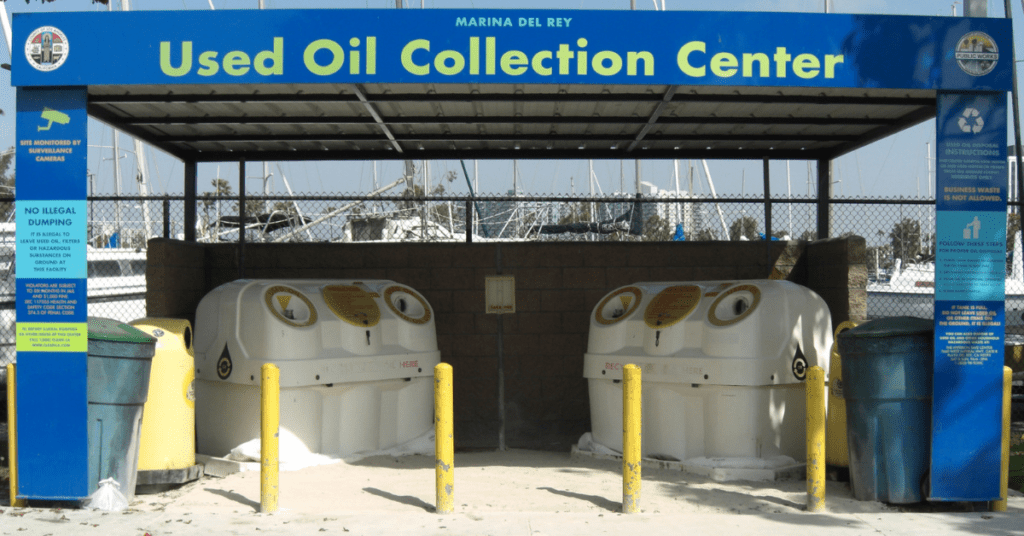Cooking oil is used to daily cook food. Whether it is fried chicken, bacon, or stir-fry, every junk food requires cooking oil to cook food properly. After cooking the leftover oil becomes useless and it is discarded into the drains. These drains then get blocked by the oil and other materials clogging up the kitchen pipes and the sewage system of the locality.
The disposition of oil into the drains causes environmental problems and is not environmentally safe. The question here arises “How to dispose of cooking oil?” To avoid the disposition of oil into the environment, you can save cooking oil in a variety of ways by reusing it, recycling it, or adopting a variety of ways for proper disposal.

Reusing
Cooking oil once used for cooking can be used again to cook different food in the same oil. If you plan to cook food sooner or later, you can save the oil for cooking it again. For this purpose, first of all, use a coffee filter to strain the oil to remove any impurities present. After this pour the oil into a sealed jar and store it in a dark place until it is ready to be used again. But it must be made sure that you only utilize the oil once or twice because its nutrients start decreasing after two uses.
Chill to solidify
If you still want to discard the oil because it is of no use then you must solidify it first by freezing it. Pour the oil into a jar or a mug and place it in the fridge. After this, throw the solidified oil into the trash by taking it out from the jar with the help of a spoon or spatula. You should also adopt this procedure for safely discarding the expired and unused oil to avoid it getting accumulated in the environment.
Disposal
Make sure not to throw oil or greasy liquid into the toilet as it can clog the drainage system. Moreover, the oil-contaminated water is difficult to treat and makes it unfit for further treatment processes. The expired or unused oil must be discarded safely through transportation to a recycling facility nearby and should not be used for cooking.
Sensoneo also offers a smart waste solution for monitoring of containers and tanks with used cooking oil in order to get an overview about the fill-levels and optimize the collection of used waste oil which is a very valuable commodity.

Mixture
In the market, different absorbents are available which can be used to absorb the surplus oil and also will not pollute the environment. Examples of absorbents include sand, sawdust, and cat litter, which soaks up oil easily. You can also separate a container for collecting oil at home and dumping it on weekly basis to avoid pollution.
Recycle
Advanced countries have developed recycling plants for recycling used and expired cooking oil and converting it into biodiesel. Biodiesel is an environmentally suitable diesel that can be used in running different automobiles and with proper management, it can be used to provide electricity to homes.



